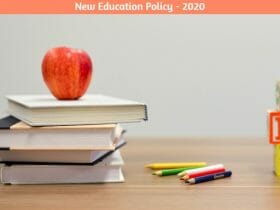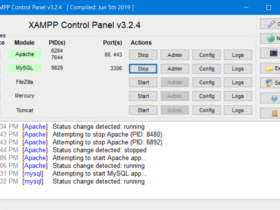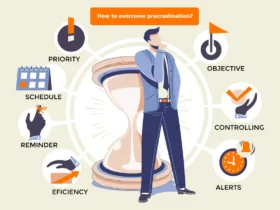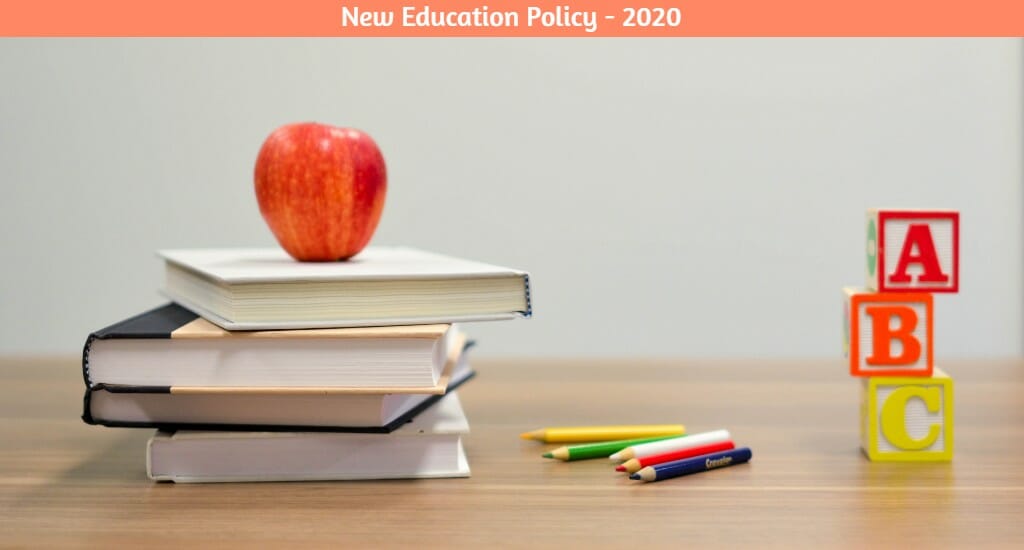NEP(National Education Policy) has been introduced in our education system.
Key features of the new education policy are:
Flexible subject options:
Flexibility on subjects has been provided to the students so that they don’t have to be stuck somewhere while choosing the streams. Students will be able to choose their major and minor subjects regardless of the combination that has existed till now. For example, if they are interested they can go for mathematics with political science, They have plenty of options according to their interests.
The Existing (10+2) structure has been changed to (5+3+3+4).
The new pattern is divided into four structures:
- Foundational stage
- Preparatory stage
- Middle stage
- Secondary stage
The foundational stage is for kids who are (3-8) years old.
From age (3-6) years – A student will spend 3 years in a pre-school.
From age (6-8) years- A student will spend 2 years in classes 1 and 2.
The preparatory stage is for kids who are (8-11) years old.
From class 3 to 5. They will have ICR classes which are interactive classrooms. The main focus will be on their skill development at this stage.
Moreover, students will be taught three languages.
The middle stage is for students who are (11-13) years old.
From class 6 to 8. This stage will aim at experiential learning with the main subjects like mathematics, science, arts, and humanities. The main focus will be on critical learning objectives and students will also start learning “coding” from 6 standards.
Moreover, students will be introduced to vocational courses. This will be a great change towards the mindset of the coming generation, where they will start an internship, it would be a 10 days period where the students would go without bags to school and learn basic things which are very important.
The secondary stage is for students who are (13-17) years old.
From class 9 to 12. This stage would include a multidisciplinary study. Students will be given the flexibility to choose the subjects of their interest from available structures, including technical as well as arts. The main focus would be on flexibility and greater critical thinking ability.
PARAKH(Performance Assessment, Review, and Analysis of Knowledge for Holistic Development)
Another positive policy change is that the progress report or the report cards would include the self-assessment in which the students will self-evaluate themselves and they will judge their progress report according to their perspective, the rest of the students of their class will also evaluate the performance of a student. Critical thinking is a very imperative aspect to evaluate each other’s performance and this is a very useful step towards it.
6% of GDP
Another important change is that the government would spend more on education for that they will increase the public investment in the education sector to gain 6 % of GDP. Currently, it is only 3%, which is very less when compared to any developed country.
No rote-learning
Rote learning is the technique of memorizing things based on repetition. Rote learning contents always blow away from our minds within a few days. So the exams would be designed in a manner that would not require much memorization.
Changes after class 12
Multiple Entry-Exit Programme
A very useful change which is already implemented in most of the developed countries, in which one can drop out in the mid of a semester or a year if he/she is not interested to pursue the degree on that particular course.
Fee transfer
They can take their credits (fees) and can get them transferred to another course that they want to pursue.
Multiple exit options
If you drop out after one year you will get a certificate, after two years you will get a diploma, after three years you will get a bachelor’s degree and after four years you will get a bachelor’s research degree for that particular course.
Decrease in the time period of Master’s degree
After the bachelor’s degree of four years, MA and MSc courses would be only one Year.
A common national professional standard would be set for all the teachers by 2022.
Only a four years integrated BA degree would be considered as the minimum qualification required to become a teacher by 2030.
As discussed above the language till 5 will be the home language or regional but most of us will not be able to adjust in different environments when they will transfer schools.
As English is one of the global languages which is spoken all over the world, it is very essential to start your studies with English.
When it comes to concluding a topic that needs to be implemented ends with only thoughts and most of the points discussed above will take a lot of time according to me when it comes to implementation. They sound more like theoretical-based points.
It would be really great if all things go according to the plan, as the education system needs to be the best for the future of the whole nation. Change can only be implemented when we set our mind to adapt it.
“Comment below about what you think of this new structure of education NEP”
Let us know if this article was informative or not!!


















Leave a Review